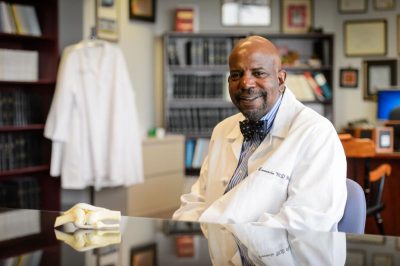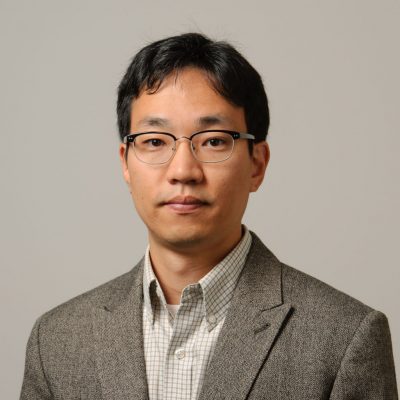 Warmest congratulations to Dr. Matthew Stuber on his appointment as the Pratt & Whitney Associate Professor in Advanced Systems Engineering!
Warmest congratulations to Dr. Matthew Stuber on his appointment as the Pratt & Whitney Associate Professor in Advanced Systems Engineering!
Dr. Stuber’s dedication to excellence and tireless commitment to pushing the boundaries of knowledge have earned him this well-deserved recognition. His contributions to the field of advanced systems engineering have been nothing short of exceptional, and we are proud to have him as a part of our academic community. We eagerly anticipate the continued impact and contributions Dr. Stuber will make in this new role.
 Warmest congratulations to Dr. Cato T. Laurencin, the recipient of the 2024 Kathryn C. Hach Award for Entrepreneurial Success
Warmest congratulations to Dr. Cato T. Laurencin, the recipient of the 2024 Kathryn C. Hach Award for Entrepreneurial Success  Professor Yongku Cho has been awarded a $3M R01 grant from the National Institutes on Aging to study the tau protein in Alzheimer’s disease. The project will be a collaboration with Prof. Jesse Rinehart at Yale University and Prof. Lukasz Joachimiak at the University of Texas Southwest Medical. The overarching goal is to elucidate how phosphorylations and other protein modifications in the tau protein affect its toxicity and structure.
Professor Yongku Cho has been awarded a $3M R01 grant from the National Institutes on Aging to study the tau protein in Alzheimer’s disease. The project will be a collaboration with Prof. Jesse Rinehart at Yale University and Prof. Lukasz Joachimiak at the University of Texas Southwest Medical. The overarching goal is to elucidate how phosphorylations and other protein modifications in the tau protein affect its toxicity and structure.